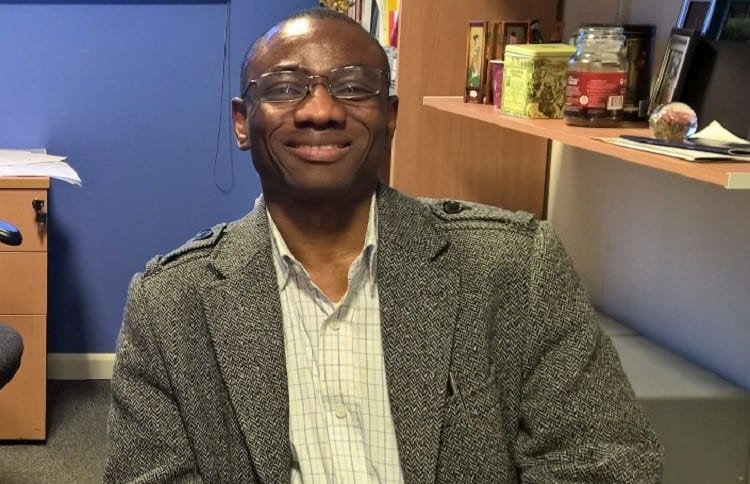Dr Mahendra Senevirathna, international visiting fellow, says farewell to CaHRU

Dr Mahendra Senevirathna, an international visiting fellow at CaHRU and a Senior Registrar in Medical Administration, Ministry of Health, Sri Lanka, bade farewell to colleagues at CaHRU with a presentation about his experience at the University of Lincoln and the Continue reading Dr Mahendra Senevirathna, international visiting fellow, says farewell to CaHRU




